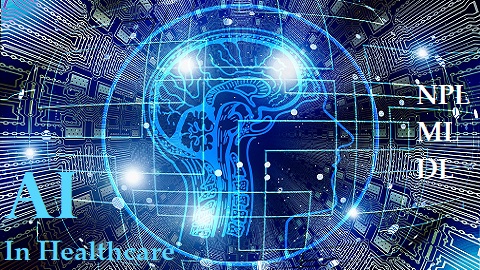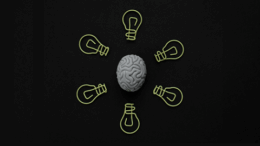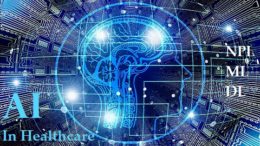AI in Healthcare News and Updates
This month’s AI report includes news and updates from Nabla, Aultman Health System, Accuity, SWBC, Certilytics, ATA, Altoida, Mindspan, Abridge, Availity, Tempus, NYU Langone Health, GeneDx, Komodo Health, MedeAnalytics, Basys.ai, CloudMoyo, rater8, EBIX, MediKarma, MDisrupt, & b.well Connected Health.
Read More







